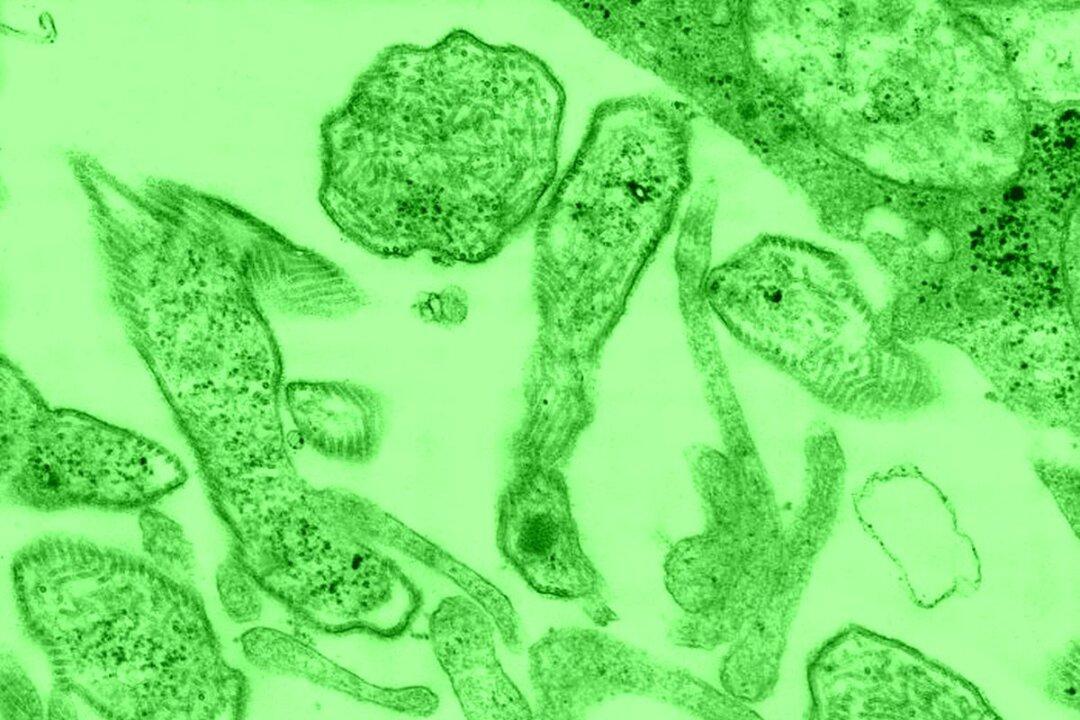Health officials in New Jersey warned Thursday that residents should stay alert after several cases of mumps, a contagious viral illness, were reported in Hunterdon County and was connected to “international travel.”
In a statement, the New Jersey Department of Health confirmed it is “collaborating with local health departments to investigate eight suspected cases of mumps in one family cluster in Hunterdon County related to international travel.”





